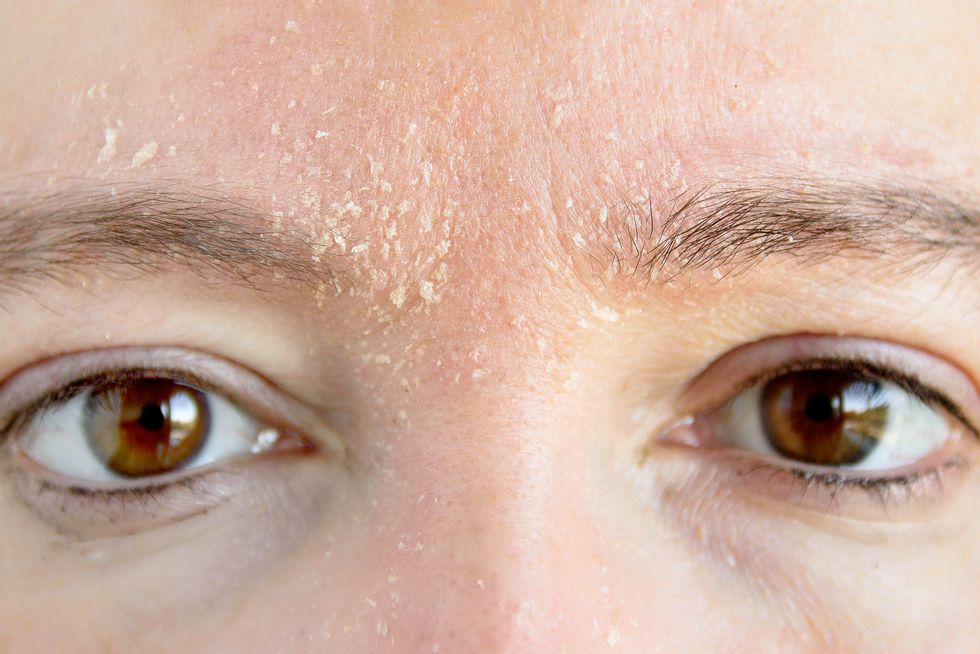
Flaky skin can be a frustrating and uncomfortable condition that affects many people. Whether it’s due to dryness, environmental factors, or underlying skin conditions, dealing with flaky skin requires a proactive approach and a well-rounded skincare routine. In this comprehensive guide, we will explore the causes of flaky skin, practical tips to manage and prevent it, and recommended products to restore your skin’s natural glow.
Understanding Flaky Skin
Before diving into the solutions, it’s crucial to understand the root causes of flaky skin. Flakiness can stem from various factors, including:
Dry Skin: Insufficient moisture retention leads to the buildup of dead skin cells, resulting in flakiness.
Environmental Factors: Exposure to harsh weather conditions, such as cold winds or excessive heat, can strip the skin of its natural oils.
Skin Conditions: Conditions like eczema, psoriasis, or dermatitis can cause flaking and require specific treatment approaches.
Skincare Tips to Manage Flaky Skin
Hydration is Key: Drink an adequate amount of water to maintain skin hydration from within.
Gentle Cleansing: Use a mild, hydrating cleanser to cleanse your skin without stripping away essential oils.
Moisturize Regularly: Apply a rich, emollient moisturizer immediately after cleansing to lock in moisture.
Exfoliation: Incorporate gentle exfoliation into your skincare routine to remove dead skin cells especially if you have flaky skin on face. However, avoid excessive exfoliation, as it can exacerbate flakiness.
Protect Your Skin: Shield your skin from harsh environmental factors by using sunscreen and protective clothing.
Humidify Your Environment: Use a humidifier in your home or office to add moisture to the air, especially during dry seasons.
Flaky Skin Prevention
Follow a Consistent Skincare Routine: Establish a skincare regimen that includes cleansing, moisturizing, and exfoliation tailored to your skin type.
Avoid Hot Showers: Hot water can strip away natural oils, leading to flaky skin. Opt for lukewarm showers instead.
Choose Gentle Products: Select skincare products formulated for sensitive or dry skin, avoiding harsh chemicals and fragrances that can aggravate flakiness.
Wear Sunscreen: Protect your skin from harmful UV rays, which can worsen flaky skin conditions and cause pigmentation issues.
Maintain a Healthy Diet: Consume foods rich in omega-3 fatty acids, vitamins, and antioxidants to nourish your skin from the inside out.
Manage Stress Levels: Stress can contribute to skin problems, including flakiness. Incorporate stress-reducing activities like meditation, yoga, or exercise into your routine.
Recommended Products for Flaky Skin
Gentle Cleansers: CeraVe Hydrating Facial Cleanser, La Roche-Posay Toleriane Hydrating Gentle Cleanser, or Neutrogena Hydro Boost Hydrating Cleansing Gel.
Moisturizers: Cetaphil Moisturizing Cream, Aveeno Daily Moisturizing Lotion, or The Ordinary Natural Moisturizing Factors + HA.
Exfoliants: Paula’s Choice Skin Perfecting 2% BHA Liquid Exfoliant, Dermalogica Daily Microfoliant, or Pixi Glow Tonic.
Sunscreens: EltaMD UV Clear Facial Sunscreen, La Roche-Posay Anthelios Melt-In Sunscreen Milk, or Neutrogena Ultra Sheer Dry-Touch Sunscreen. Note: Always patch test new products and consult a dermatologist if you have specific skin concerns or conditions.
Conclusion
Dealing with flaky skin requires a proactive and holistic approach to skincare. By understanding the causes of flakiness, implementing effective skincare practices, and using recommended products, you can restore your skin’s natural balance and achieve a healthier complexion. Remember, consistency and patience are key when addressing flaky skin concerns. Embrace a well-rounded skincare routine and consult a dermatologist if the problem persists. With proper care, you can enjoy smoother, flake-free skin and regain your confidence.